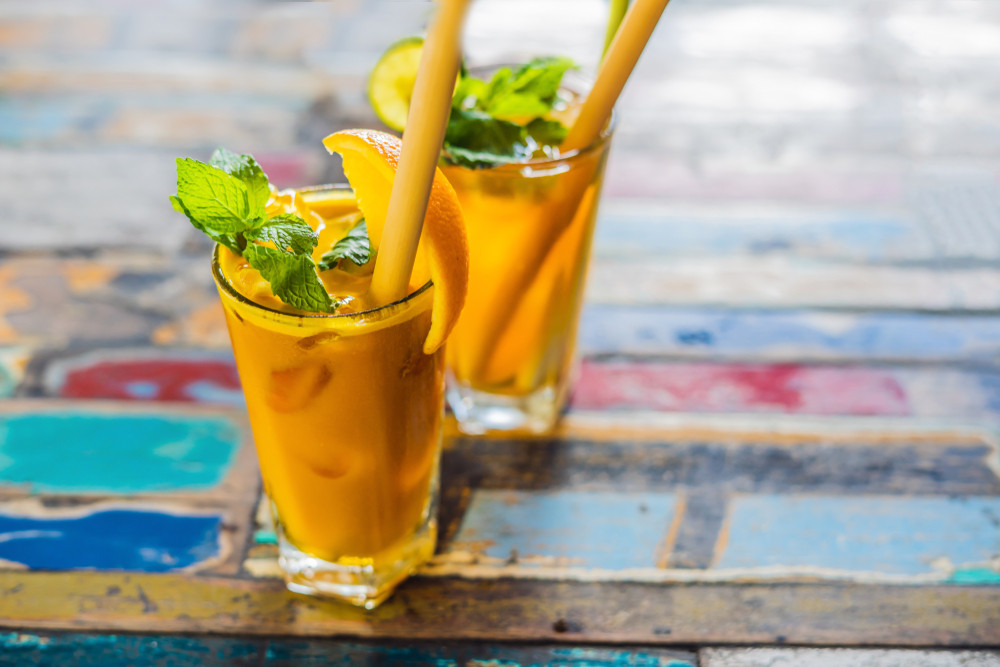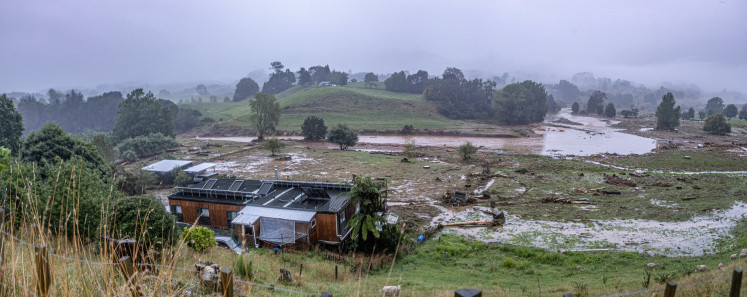Popular Reads
Top Results
Can't find what you're looking for?
View all search resultsPopular Reads
Top Results
Can't find what you're looking for?
View all search resultsWHO holds first traditional medicine summit
Traditional medicines are a "first port of call for millions of people worldwide", the UN health agency said, with the talks in India bringing together policymakers and academics aiming to "mobilize political commitment and evidence-based action" towards them.
Change text size
Gift Premium Articles
to Anyone
T
he World Health Organization opened its first summit on traditional medicine on Thursday, with the group saying it was seeking to collect evidence and data to allow for the safe use of such treatments.
Traditional medicines are a "first port of call for millions of people worldwide", the UN health agency said, with the talks in India bringing together policymakers and academics aiming to "mobilize political commitment and evidence-based action" towards them.
"WHO is working to build the evidence and data to inform policies, standards and regulations for the safe, cost-effective and equitable use of traditional medicine", WHO chief Tedros Adhanom Ghebreyesus said as he opened the summit.
Traditional medicine could boost healthcare "access gaps", but was of value only if used "appropriately, effectively, and above all, safely based on the latest scientific evidence", Tedros warned earlier.
The two-day WHO Traditional Medicine Global Summit takes place alongside a meeting of G20 health ministers in the Indian city of Gandhinagar.
"We need to face a very important real-life fact that traditional medicines are very widely used," Nobel laureate and Chair of WHO Science Council Harold Varmus told the summit via video link.
"It is important to understand what ingredients are actually in traditional medicines, why they work in some cases... and importantly, we need to understand and identify which traditional medicines don't work".
The summit, set to become a regular event, follows the opening last year of a WHO Global Centre for Traditional Medicine, also in India's Gujarat state.
While traditional medicines are widely used in some parts of the world, they also face fierce criticism.
The UN health agency defines traditional medicine as the knowledge, skills and practices used over time to maintain health and prevent, diagnose and treat physical and mental illness.
But many traditional treatments have no proven scientific value and conservationists say the industry drives a rampant trade in endangered animals -- including tigers, rhinos and pangolins -- and threatens the existence of entire species.
Use of homemade remedies soared during the Covid-19 pandemic, including a green herbal drink based on Artemisia that was promoted by Madagascar's president as a cure.
The plant has a proven efficacy in malaria treatment, but its use to combat Covid was widely scorned by many doctors.
In China, traditional medicine has a distinguished history, but top European medical bodies have previously demanded it be subject to the same regulatory oversight as conventional medical methods.
"Advancing science on traditional medicine should be held to the same rigorous standards as in other fields of health," WHO research chief John Reeder said in a statement.
Of the WHO's 194 member states, 170 acknowledged their use of traditional and complementary medicine since 2018, but only 124 reported having laws or regulations for the use of herbal medicines -- while only half had a national policy on such methods and medicines.
"Natural doesn't always mean safe, and centuries of use are not a guarantee of efficacy; therefore, scientific method and process must be applied to provide the rigorous evidence required," the WHO said.
About 40 percent of approved pharmaceutical products currently in use derive from a "natural product basis", according to the WHO, citing "landmark drugs" that derive from traditional medicine, including aspirin, drawing on formulations using willow tree bark.










